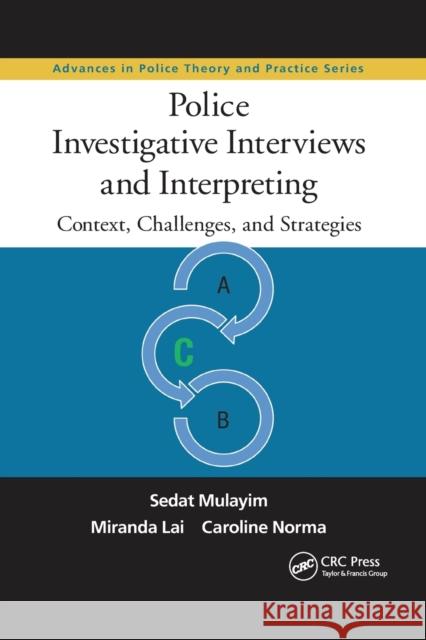Police Investigative Interviews and Interpreting: Context, Challenges, and Strategies » książka
topmenu
Police Investigative Interviews and Interpreting: Context, Challenges, and Strategies
ISBN-13: 9780367870126 / Angielski / Miękka / 2019 / 147 str.
Police Investigative Interviews and Interpreting: Context, Challenges, and Strategies
ISBN-13: 9780367870126 / Angielski / Miękka / 2019 / 147 str.
cena 250,75
(netto: 238,81 VAT: 5%)
Najniższa cena z 30 dni: 226,63
(netto: 238,81 VAT: 5%)
Najniższa cena z 30 dni: 226,63
Termin realizacji zamówienia:
ok. 16-18 dni roboczych.
ok. 16-18 dni roboczych.
Darmowa dostawa!
This book provides solutions for the range of interview challenges found in today’s multilingual environments.











